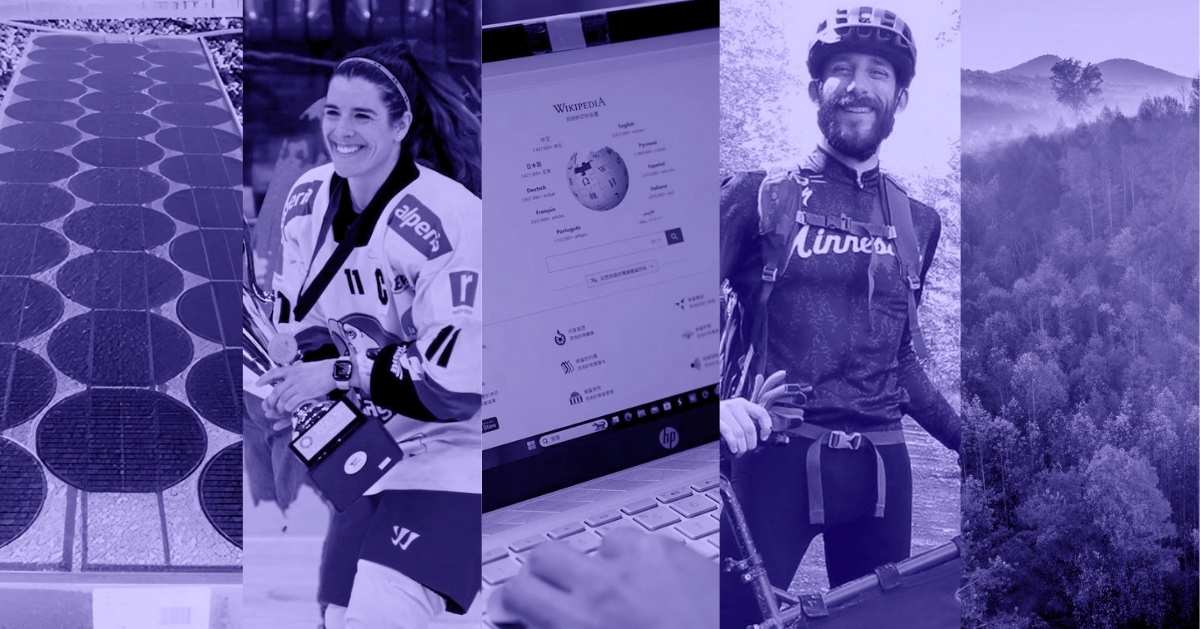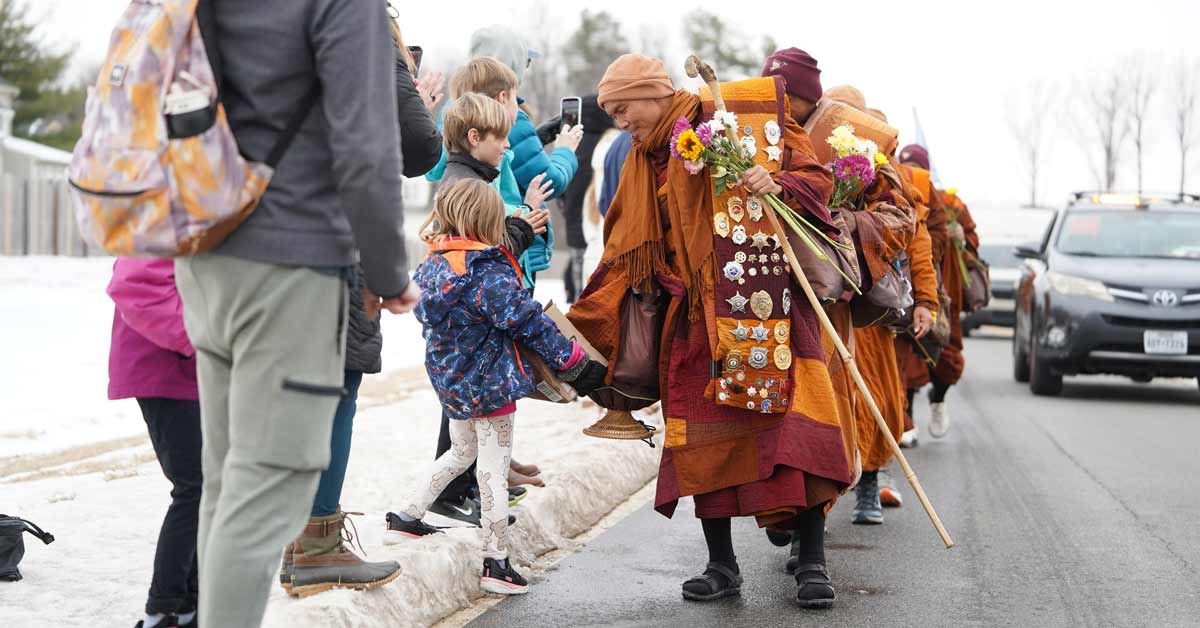Project HOPE is a global health and humanitarian organization, working side-by-side with local health workers and communities to save lives and improve the health and well-being of people around the world.

Last week, a 6.8-magnitude earthquake struck Morocco, killing over 2,600 people and injuring more than 2,500.
The earthquake struck near Adassil, Morocco, about 50 miles south of Marrakech.
Casualty numbers are expected to rise as rescue workers continue their work, especially seeing the destruction of historic walls and buildings that collapsed in ancient neighborhoods in Marrakech, where structures made from stone and masonry are not fit to withstand earthquakes.
Thousands of people are without essentials like shelter, food, water, or healthcare. According to medical humanitarian aid organization Project HOPE, The United Nations has estimated that approximately 300,000 people have been affected by the earthquake.
Despite the overwhelming heartbreak of the situation, humanitarian aid groups have mobilized quickly to provide relief to those most affected by the earthquake, which is the strongest to hit Morocco in over a century.
One of those groups is SAMU, a Spain-based emergency response organization that drove through the night to get a team of 19 people — and two search and rescue dogs — on the ground in Morocco.

Upon their arrival, the team immediately began searching for survivors of the quake and providing medical care to communities closest to the earthquake’s epicenter. They are primarily working in remote villages that have been heavily damaged by the quake.
Search dogs — like SAMU’s Homero and Birka — have been flown in from around the globe (especially the UK and Spain) to help find survivors who are stuck or buried in the rubble.
“The search dogs can smell and locate people that are buried and alive,” SAMU co-founder Borja González de Escalada told Good Good Good in an email.
Along with their working dogs, Borja González de Escalada and SAMU’s other co-founder, Carlos González de Escalada, are leading the team in Morocco.
Their convoy includes two ambulances, as well as a surgical rescue unit, three all-terrain vehicles, five doctors, two nurses, eight health emergency technicians, and four rescue specialists.
As of Tuesday, September 12, SAMU’s team has rescued 19 people, but they will soon dismiss their dogs, since construction and rubble have made it difficult to find other survivors.
Their other focus continues to be providing urgent medical care in the area.
“SAMU is providing medical care to affected communities. The situation is changing rapidly, and we are pre-positioning resources to respond to immediate health needs, including medical care, primary care, and mental health and psychosocial support,” Borja González de Escalada said.

While their patient load is not extreme, the cases SAMU’s team treats are severe, including folks in need of oxygen, or injured children.
“We’re not seeing a lot of people, but the cases that are arriving need attention,” Borja González de Escalada said in a dispatch to Project HOPE. “That is why we have the two ambulances and we are moving them to get the patients into the main hospitals in Marrakech a few hours away. The post is open 24 hours. If the patients cannot move and we’re available to go to their location, we go.”
Project HOPE is also working with SAMU to coordinate response efforts, similar to the work both organizations did in response to earthquakes in Turkey and Syria earlier this year.
“People are basically in need of housing, tents, and rebuilding materials,” Borja González de Escalada continued in the dispatch. “These people … can survive through anything amazingly.”
While people around the world continue to donate to organizations providing relief and seek out ways to help those in need in Morocco — both SAMU and Project HOPE keep up the good work, assessing the situation as it evolves.
“Right now, we know there is a need for blood donations, as well as more mental health and psychosocial support to help people process the trauma and loss involved in this disaster,” Borja González de Escalada told Good Good Good.
“We also anticipate people will continue to need clean water, food, and shelter as they rebuild their homes and communities. Organizations and humanitarians, frankly, need funding to continue.”
In times of crisis, people turn to the work of humanitarians to find hope — and those in the field, with boots on the ground, find that same hope in their peers.
Borja González de Escalada said: “The SAMU team finds inspiration from other people and organizations who have been doing medical aid and this type of work for years.”



